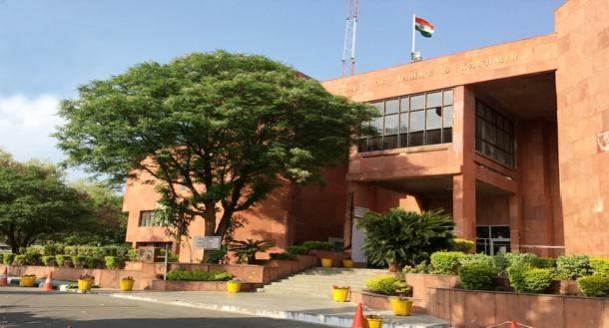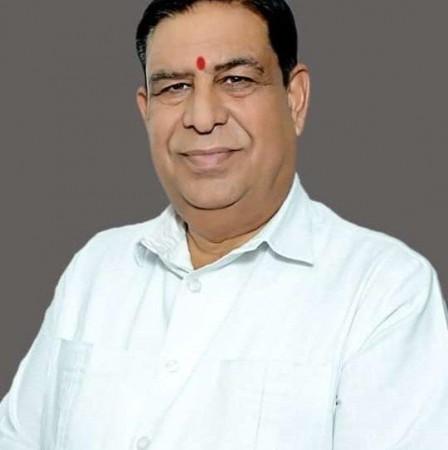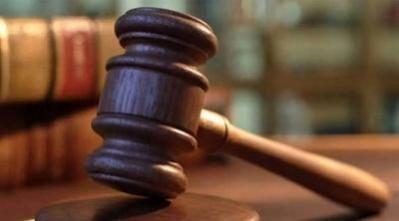
The High Court of Jammu & Kashmir and Ladakh has fixed December 18 as the date for the final hearing of the high-profile Public Interest Litigation (PIL) challenging key provisions of the J&K Reorganisation Act, 2019, as amended in December 2023.
The contentious amendments empower the Lieutenant Governor to nominate five MLAs to the J&K Legislative Assembly in addition to its sanctioned strength.
"The High Court has fixed December 18 as the date for the final hearing of this case. We are hopeful that the court will deliver its verdict on this issue," former MLC Ravinder Sharma — who has challenged the Lieutenant Governor's power to nominate five MLAs — told The International Business Times.
When the matter came up before the Special Division Bench of Justice Sanjeev Kumar and Justice Rajesh Sekhri, the court asked whether both sides were prepared to begin final arguments. Senior Supreme Court advocate Prashanto Sen, appearing for the petitioner, sought a short adjournment and assured the Bench that he would argue the case on the next date.
Observing that the matter had already seen repeated delays "for one reason or another," the Bench agreed and listed the PIL for final hearing on December 18.

PIL filed by Congress leader
The PIL — filed by former MLC and Jammu and Kashmir Pradesh Congress Committee (JKPCC) Chief Spokesperson Ravinder Sharma, who is also a lawyer — challenges the constitutionality of Sections 15, 15-A, and 15-B inserted into the J&K Reorganisation Act through the December 2023 amendment. Sharma initially approached the Supreme Court in October last year and subsequently moved the High Court.
The petition challenges the provisions empowering the Lieutenant Governor of Jammu and Kashmir to nominate five MLAs.
The petitioner contends that the Lieutenant Governor must seek the aid and advice of the Council of Ministers before making such nominations; otherwise, the provisions are ultra vires of the basic spirit and structure of the Constitution, Sharma said.
Under the Jammu and Kashmir Reorganisation Act, 2019, the Lieutenant Governor may nominate five MLAs to the Legislative Assembly, including two women, as per Part III of Section 15.
Additionally, two representatives are to be nominated from among Kashmiri migrants and one from displaced persons of Pakistan-occupied Jammu and Kashmir (PoJK).
This provision — nominating two members from Kashmiri migrants and one from PoJK displaced persons — was introduced through the Jammu and Kashmir Reorganisation (Amendment) Act, 2023.
The amendment states that the Lieutenant Governor may nominate not more than two members, one of whom must be a woman, from the community of Kashmiri migrants to the J&K Legislative Assembly.
Explanation: For the purposes of this section, the term "Migrant" shall have the same meaning as assigned to it in clause (e) of Section 2 of the Jammu and Kashmir Migrant Immovable Property (Preservation, Protection and Restraint on Distress Sales) Act, 1997.
A Displaced Person from Pakistan-occupied Jammu and Kashmir refers to an individual who, due to the establishment of the dominions of India and Pakistan, or due to civil disturbances or fear thereof in the areas of the then State of J&K now under Pakistani occupation, during 1947-48, 1965, or 1971, left or was displaced from his place of residence, and has since been residing outside such areas — including successors-in-interest.

A special bench was constituted to hear the PIL
In October 2024, the Jammu and Kashmir High Court constituted a special division bench to hear the PIL filed by Sharma regarding the nomination of five MLAs to the Legislative Assembly of the Union Territory.
On October 14, 2024, the Supreme Court refused to entertain the plea and asked the petitioner to approach the High Court.
After a preliminary hearing on October 21 this year, the High Court framed a significant question of law and issued notices to the Government of India and the Lieutenant Governor, directing them to file their responses.
Both respondents have since submitted detailed replies defending the amendment and justifying the LG's authority to nominate five members to the Assembly.
With pleadings now complete, the case has been listed for final hearing on December 18.
















